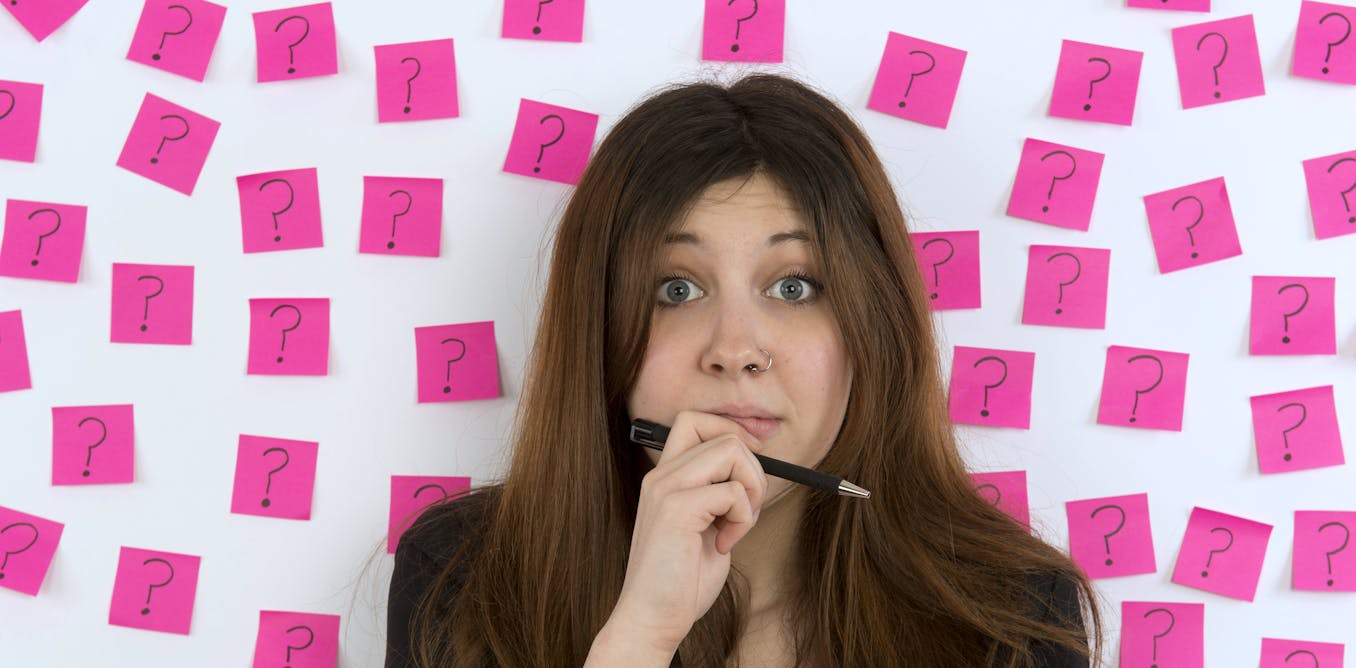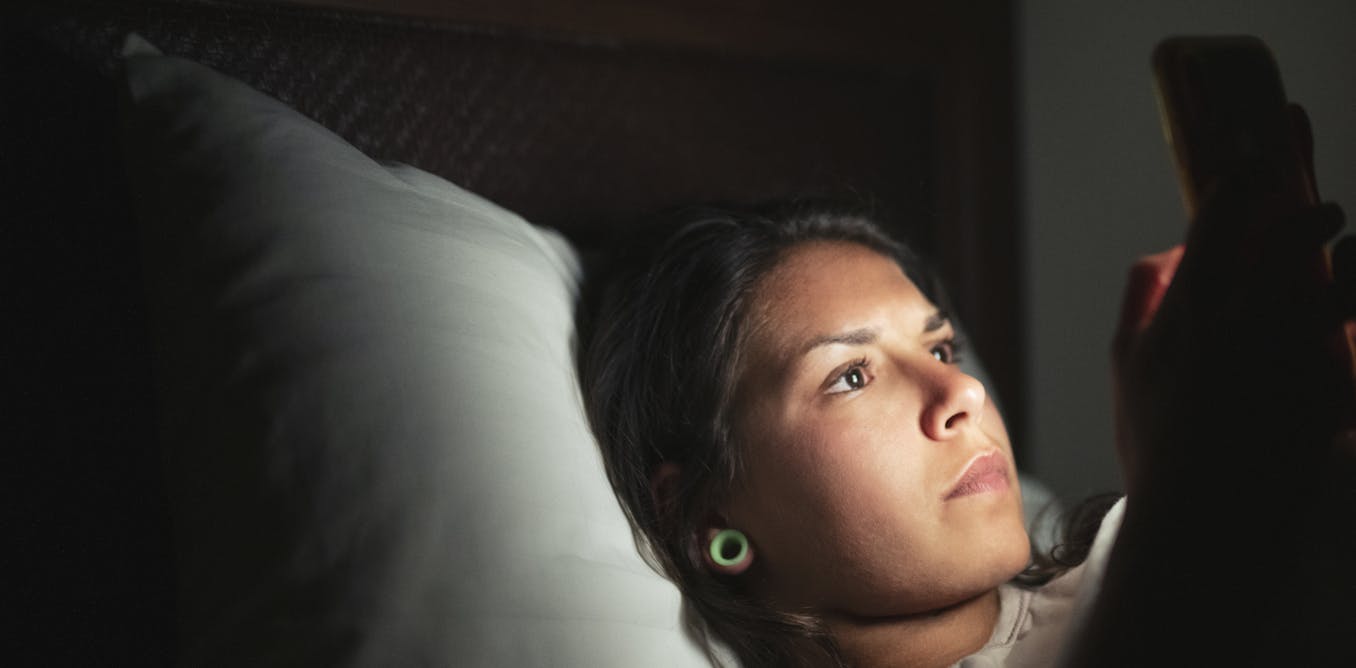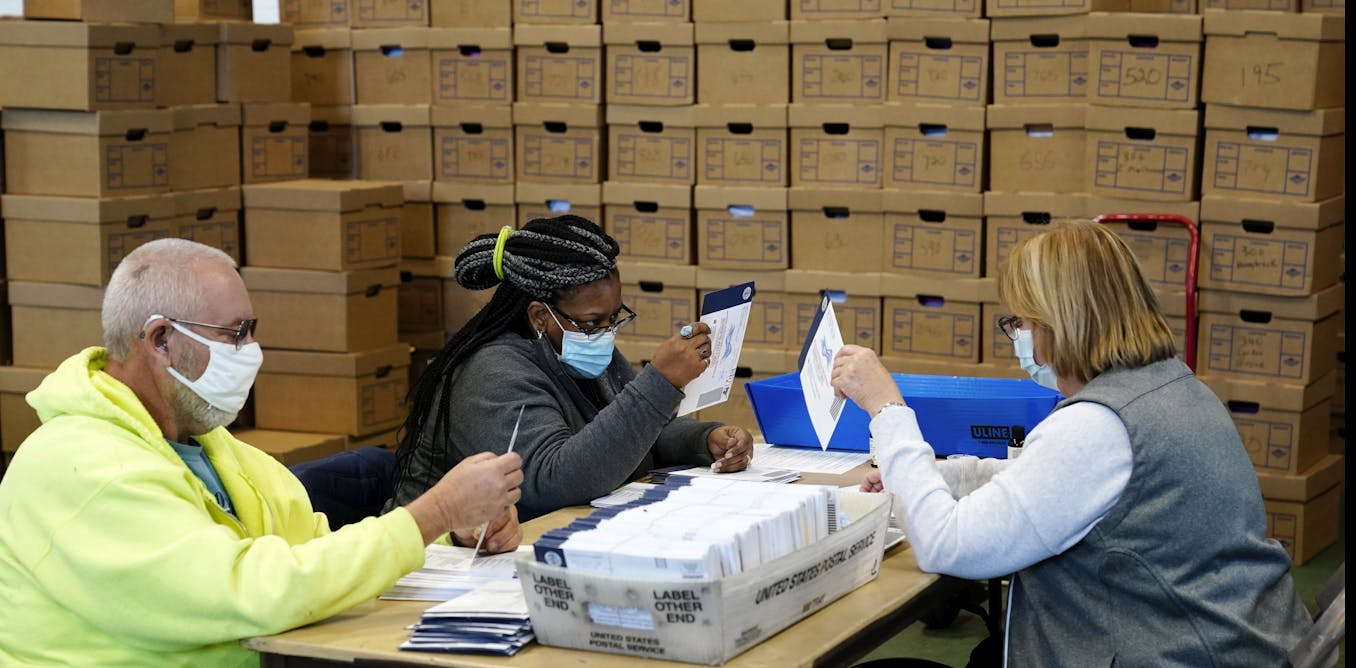Interactive tool helps people decide how best to protect themselves and others from COVID-19
Is it risky to sing in a choir? What are the risks of eating in a small restaurant? How much difference does it make to open windows or clean surfaces? New
Dec. 2, 2021 • ~5 min










